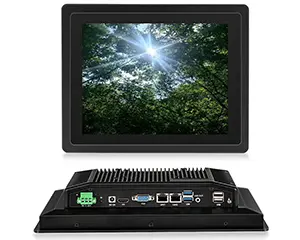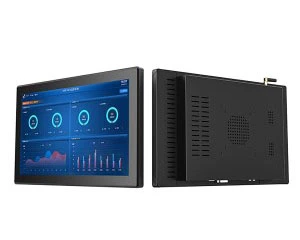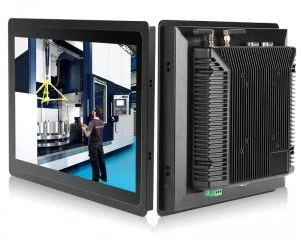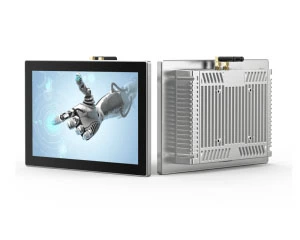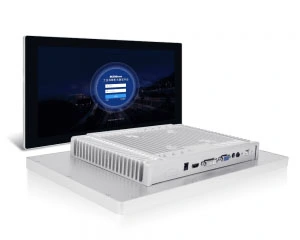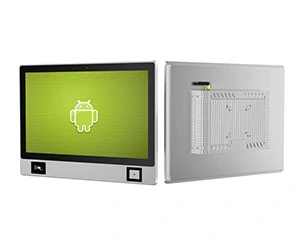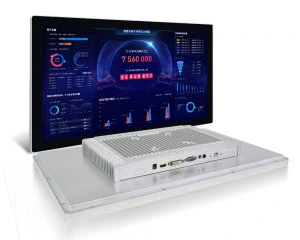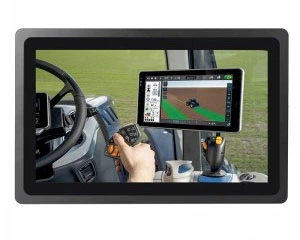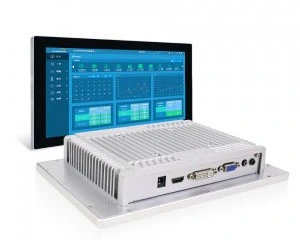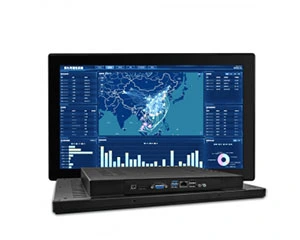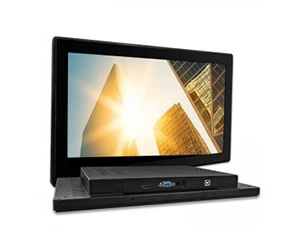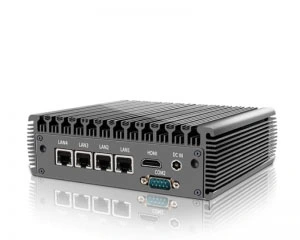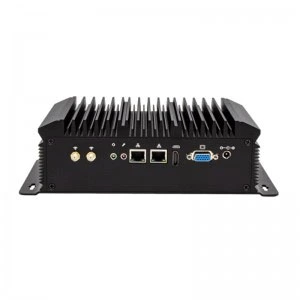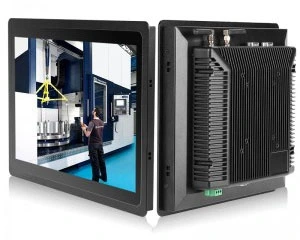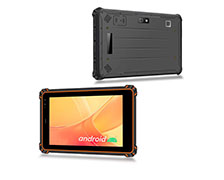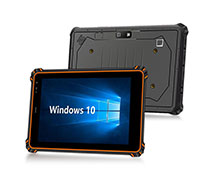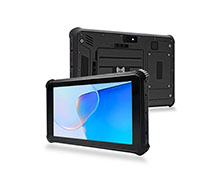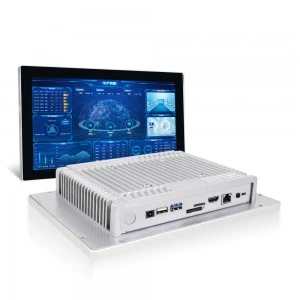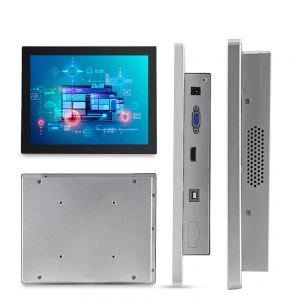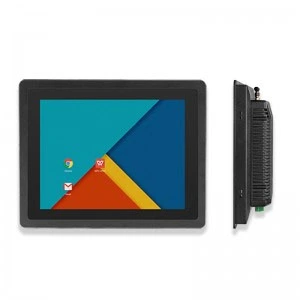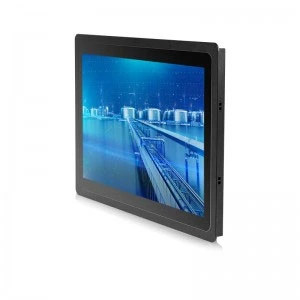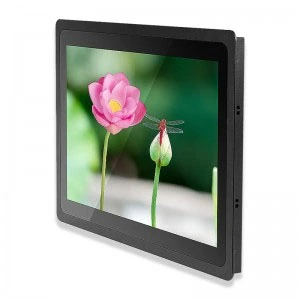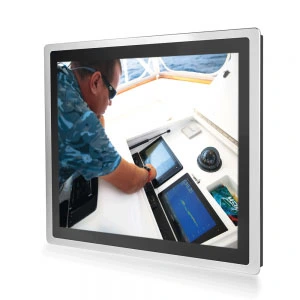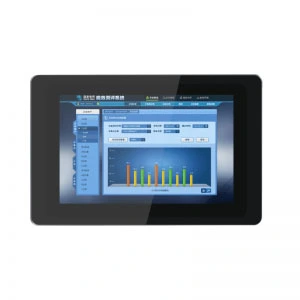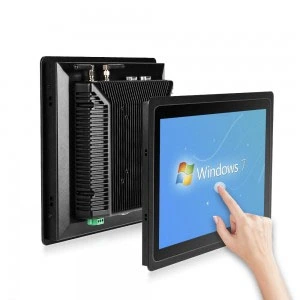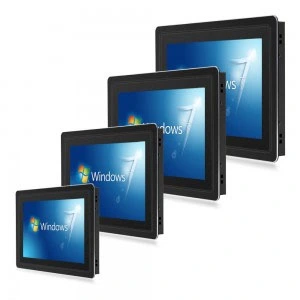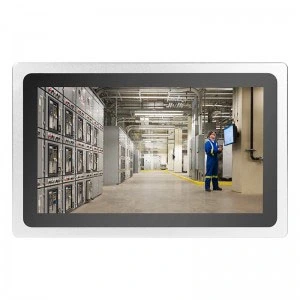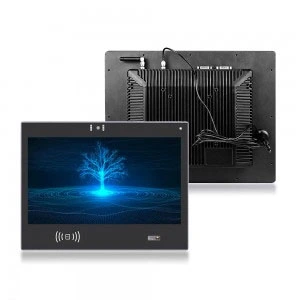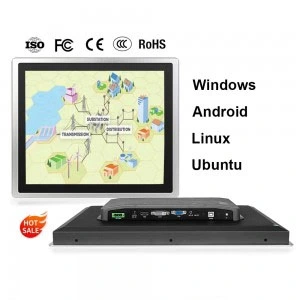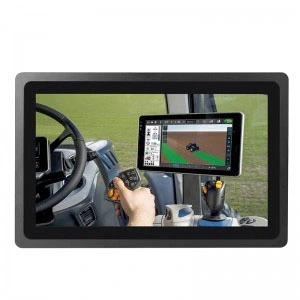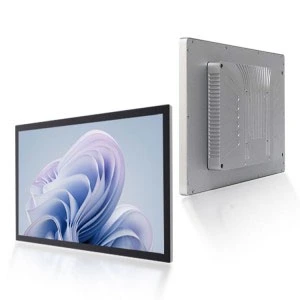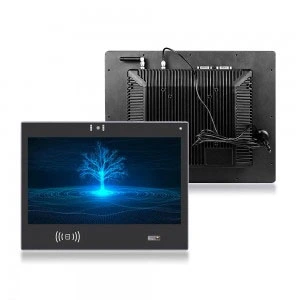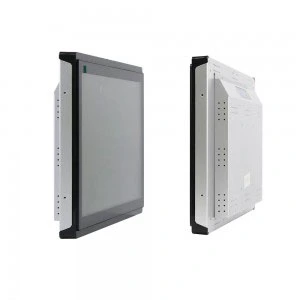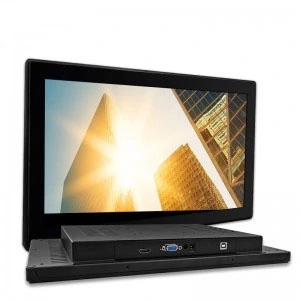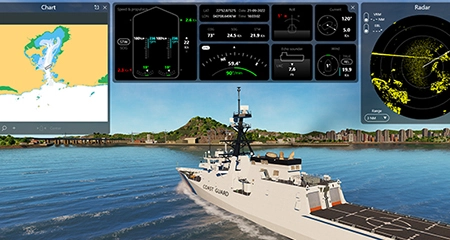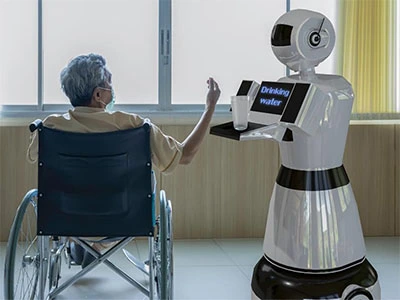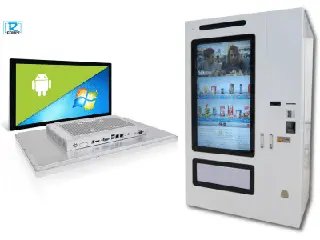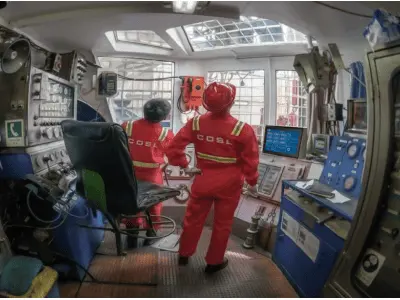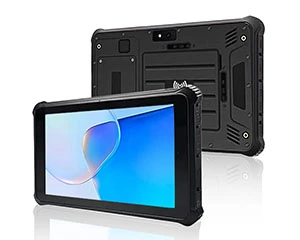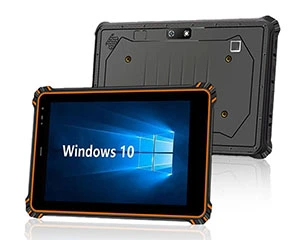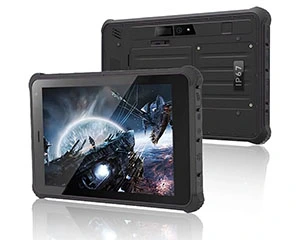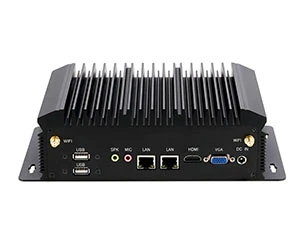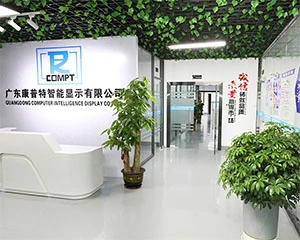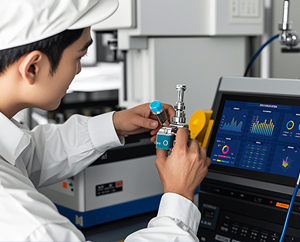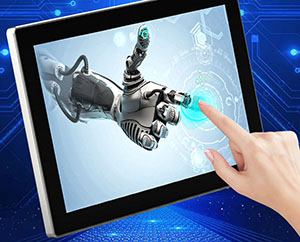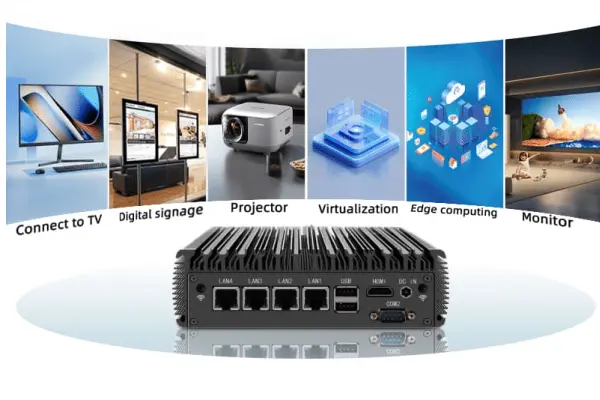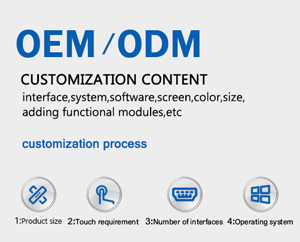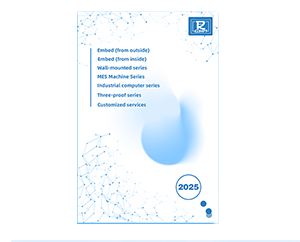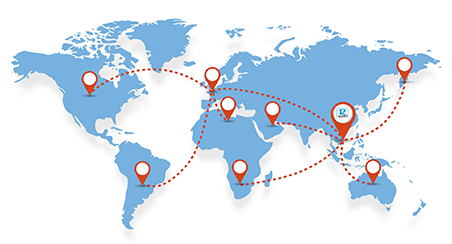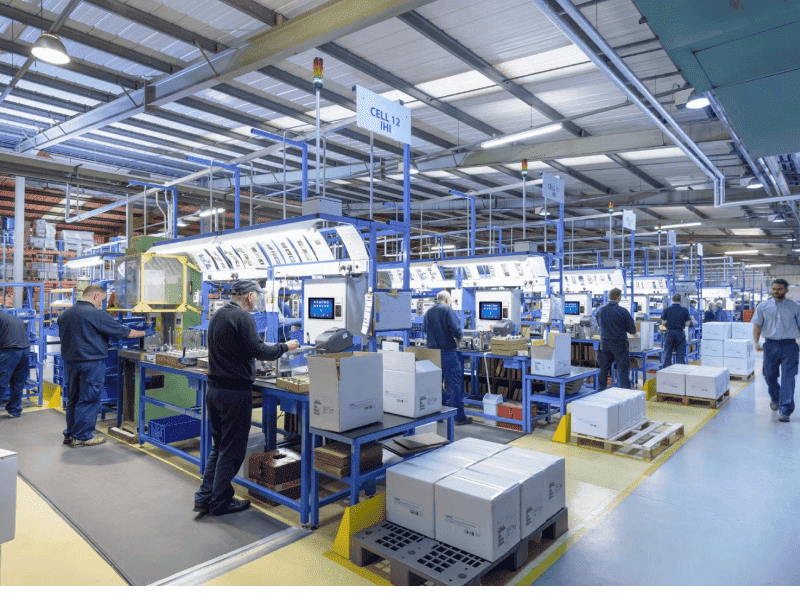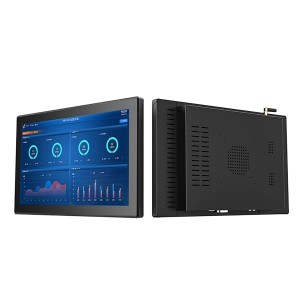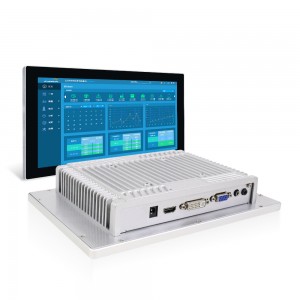Whats is industrial PC?
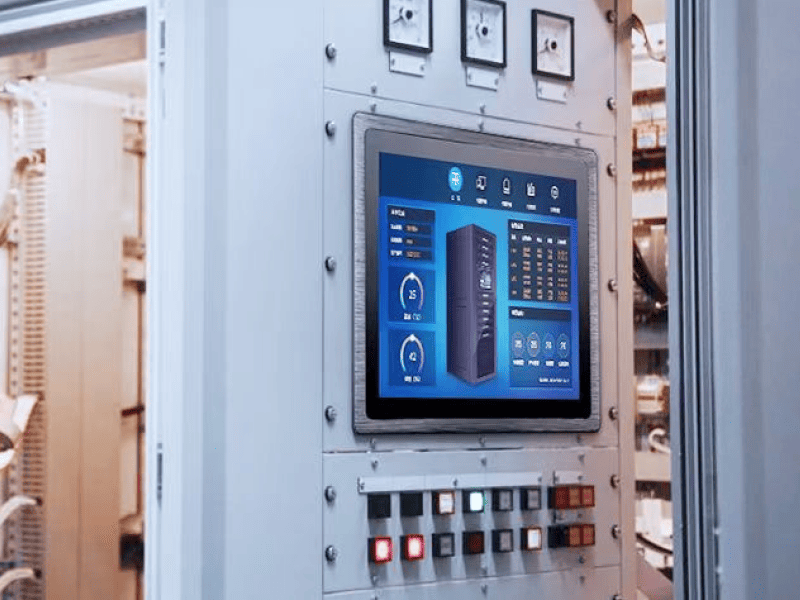
Industrial PCs (IPCs) are specialized computer systems designed for industrial environments. Compared to consumer-grade computers, industrial PCs offer superior environmental adaptability, long-term operational stability, and flexible expansion interfaces, enabling reliable performance in harsh conditions such as extreme temperatures (-40°C to 85°C), humidity, dust, and strong vibrations.
To meet the rigorous demands of industrial applications, IPCs typically feature rugged metal enclosures, wide operating temperature ranges (e.g., -40°C to 85°C), high ingress protection ratings (e.g., IP65 for dust/water resistance), and shock/vibration resistance. They also emphasize extended lifecycle support to ensure long-term availability and maintenance. These systems are widely used in industrial automation, smart manufacturing, energy/transportation, medical equipment, security/surveillance, and IoT edge computing.
Beyond serving as critical bridges between sensors, actuators, control systems, and data platforms, industrial PCs are foundational infrastructure for enabling smart manufacturing and digital transformation.
Main Types of Industrial Computers
Depending on application requirements and installation environments, industrial computers can be categorized into various types. Understanding the features of each type helps in selecting the most suitable product for specific scenarios.
-
Embedded Industrial PC
Embedded industrial PCs are compact and typically integrated into equipment or confined spaces. They emphasize high integration, low power consumption, and high reliability, making them ideal for long-term stable operation. Common applications include automation equipment, robotics, medical instruments, and traffic control systems. -
Panel PC
Panel PCs combine a touchscreen with a computer system, facilitating human-machine interaction (HMI). They often feature dustproof, waterproof, shock-resistant, and interference-resistant designs, making them suitable for production line control, information terminals, outdoor equipment, and smart self-service kiosks. -
Fanless Industrial PC
Designed for dusty, humid, and high-vibration environments, fanless industrial PCs utilize passive cooling to minimize failure points and enhance system stability. They are ideal for extreme conditions, such as outdoor surveillance, traffic management systems, and the oil & gas industry. -
Rackmount Industrial PC
Rackmount industrial PCs adopt a standard 19-inch rack design for easy centralized management and maintenance. They are commonly used in data centers, factory control rooms, and industrial monitoring systems where multiple devices need to work in coordination. -
Portable Industrial PC
Portable industrial PCs feature a rugged, compact design with mobility in mind. They are suitable for on-site inspections, emergency command, military applications, and other scenarios requiring rapid deployment. -
Edge Industrial PC
With the rise of IoT and smart manufacturing, edge industrial PCs have emerged to process data locally at the source, reducing latency and improving response times. They are widely used in smart factories, smart cities, and remote monitoring applications.
Typical Application Fields of Industrial Computers
With the continuous advancement of industrial automation and digitalization, industrial computers are playing an increasingly critical role across various industries. Below is a summary of common application areas:
1. Industrial Automation & Smart Manufacturing
-
Production line equipment control
-
SCADA system data acquisition and monitoring
-
Robotics control and factory logistics management
2. Intelligent Transportation & Vehicle Applications
-
Traffic signal control systems
-
Smart public transport and rail transit monitoring
-
On-board monitoring and information systems
3. Smart Retail & Self-Service Terminals
-
Vending machines and self-service pickup lockers
-
Digital signage and smart advertising displays
-
Interactive touch terminals
4. Energy Management & Environmental Monitoring
-
Wind and solar power system monitoring
-
Wellhead control in oil & gas industry
-
Urban environmental and weather monitoring stations
5. Medical Devices & Health Tech
-
Medical imaging acquisition and analysis equipment
-
Laboratory automation instruments
-
Telemedicine and health monitoring systems
6. Military, Security & Emergency Command
-
Field operation and special task control terminals
-
Emergency command center data processing
-
Intelligent security systems and remote monitoring platforms
7. Smart City & IoT Applications
-
Smart parking management systems
-
Intelligent lighting control systems
-
Urban infrastructure data collection and management
This translation maintains technical accuracy while ensuring natural readability for an English-speaking audience. The bullet-point format enhances clarity, and industry-standard terminology is used throughout.
Key Factors for Industrial Computer Selection
To ensure the optimal industrial computer is selected, it is essential to systematically evaluate and balance the following key factors:
1. Processor Performance (CPU)
Choose the appropriate processor type based on application complexity, such as Intel Atom, Celeron, Core i-series, or ARM architecture.
-
Low-power CPUs are suitable for data acquisition and control applications.
-
High-performance multi-core processors are required for tasks like image processing and AI computing.
2. Storage & Memory
-
RAM capacity affects multitasking performance—allocate sufficient memory with redundancy based on software requirements.
-
Storage media: Industrial-grade SSDs are recommended for enhanced durability and vibration resistance.
-
Ensure compatibility and expandability of storage interfaces (e.g., SATA, M.2, NVMe).
3. Input/Output (I/O) Interfaces
-
Verify the number and types of serial ports (RS232/RS485), USB, LAN, GPIO, and CAN for device connectivity.
-
Check for video output interfaces (HDMI, DP, VGA) and multi-display support.
-
Expandability: Availability of Mini-PCIe or PCIe slots for additional modules.
4. Communication Capabilities
-
Wired: Number of Gigabit LAN ports, support for redundancy or link aggregation.
-
Wireless: Integrated or expandable Wi-Fi, Bluetooth, or cellular (4G/5G) modules.
-
Special requirements: Support for PoE, industrial Ethernet (e.g., Modbus, PROFINET).
5. Power Supply Specifications
-
Wide voltage input (e.g., 9V–36V DC) improves tolerance to power fluctuations.
-
Safety features: Redundant power, reverse polarity protection, overcurrent/overvoltage protection.
6. Size, Structure & Mounting
-
Select an appropriate form factor (e.g., compact, standard, rack-mounted) based on space constraints.
-
Mounting options: Wall-mount, DIN rail, panel-embedded, or VESA bracket.
-
Enclosure material (aluminum/steel) and IP rating (e.g., IP65) must meet environmental demands.
7. Environmental Durability
-
Operating temperature range: Must comply with extreme cold/heat or thermal shock conditions.
-
Resistance to dust, water, and corrosion.
-
Vibration/shock certifications (e.g., MIL-STD-810G).
8. Software & System Compatibility
-
Supported OS: Windows 10/11 IoT, Linux distros, Android.
-
Customization: BIOS customization, driver packages, and SDKs for integration and development.
9. Certifications & Compliance
-
Industry certifications: CE, FCC, UL, RoHS, ISO.
-
Specialized standards (e.g., EN60601 for medical, E-Mark for transportation).
10. Lifecycle Management & Support
-
Long-term availability: 5–7+ years of stable supply commitment.
-
After-sales service: Local technical support, fast repair, and spare parts availability.
-
Software updates & security patches support duration.
This structured approach ensures a reliable and future-proof industrial computing solution tailored to your operational needs.
Selection Recommendations for Different Application Scenarios
Different application scenarios impose varying requirements on the performance, structure, and functionality of industrial computers. By aligning configurations with actual industry-specific needs, system stability and cost-effectiveness can be significantly improved.
1. Smart Manufacturing & Automation Control
Key Requirements:
-
High stability for continuous long-term operation
-
Extensive I/O interfaces for industrial equipment connectivity
-
Robust data processing and real-time control capabilities
Selection Guidelines:
-
Fanless design for enhanced dust/contaminant resistance
-
Multiple serial ports (RS232/422/485), LAN, and GPIO interfaces
-
DIN-rail or panel-mount installation for control cabinet integration
-
Real-time OS (RTOS) or latency-optimized Linux support
2. Intelligent Transportation & Vehicle Applications
Key Requirements:
-
Wide-temperature operation with vibration/shock resistance
-
Multi-network support (4G/5G, GPS, Wi-Fi)
-
Automotive-grade power input (9-36V DC)
Selection Guidelines:
-
EN50155 (railway) or E-Mark (vehicle) certified
-
Wide-temperature range (-40°C to 70°C) with anti-vibration design
-
Built-in GNSS module and CAN bus interface
-
Compact form factor with vehicle-mount or wall-mount options
3. Medical Devices & Life Sciences
Critical Needs:
-
High-performance image processing
-
Silent and particulate-free operation
-
Medical electrical safety compliance
Recommendations:
-
Fanless/sealed design to minimize infection risks
-
High-end CPU/GPU for HD image acquisition/processing
-
EN60601-1 medical safety certification
-
Multi-display support for medical imaging analysis
4. Energy & Environmental Monitoring
Operational Demands:
-
Remote data collection/transmission
-
Extreme outdoor environment resilience
-
Low-power sustained operation
Solution Highlights:
-
Wide-temperature range with IP65+ rated enclosures
-
4G/5G/LoRa/NB-IoT remote communication support
-
Energy-efficient CPU design compatible with solar power systems
-
Compact wall-mount or embedded installation
5. Smart Retail & Self-Service Kiosks
User Priorities:
-
Intuitive touchscreen HMI experience
-
Reliable operation with remote maintenance
-
Space-efficient embedded design
Feature Focus:
-
Projected capacitive multi-touch displays
-
Remote management and OTA update capabilities
-
Multiple USB/LAN ports for peripherals (printers, scanners)
-
Aesthetic designs adaptable to various enclosure sizes
6. Smart City & Public Infrastructure
Mission-Critical Needs:
-
24/7 fault-resistant operation
-
Environmental hardening (dust/rain/UV resistant)
-
Edge computing and local data processing power
Deployment Essentials:
-
IP65+ protection rating
-
On-device AI acceleration (e.g., NVIDIA Jetson integration)
-
High-bandwidth connectivity for edge-to-cloud synchronization
-
Modular architecture for serviceability and upgrades
Summary of Industrial Computers and Future Trends
As the core enabler of intelligent and automated systems, industrial computers have been widely adopted across various sectors, including manufacturing, transportation, healthcare, energy, and retail. During the selection process, key factors such as processing power, environmental adaptability, interface versatility, form factor, power requirements, and product lifecycle must be carefully evaluated to ensure system stability and sustainable development.
Looking ahead, with the continuous advancement of IoT (Internet of Things), AI (Artificial Intelligence), edge computing, and 5G communication technologies, industrial computers will evolve toward higher performance, lower power consumption, greater intelligence, and enhanced modularity. In emerging fields such as smart manufacturing, smart cities, connected vehicles, and green energy, industrial computers will no longer serve merely as data processing hubs but will also function as intelligent nodes capable of autonomous decision-making and real-time response.

Penny
Web Content Writer
4 years of experience
This article is edited by Penny, the website content writer of COMPT, who has 4 years working experience in the industrial PCs industry and often discusses with colleagues in R&D, marketing and production departments about the professional knowledge and application of industrial controllers, and has a deep understanding of the industry and products.
Please feel free to contact me to discuss more about industrial controllers. sales@gdcompt.com

